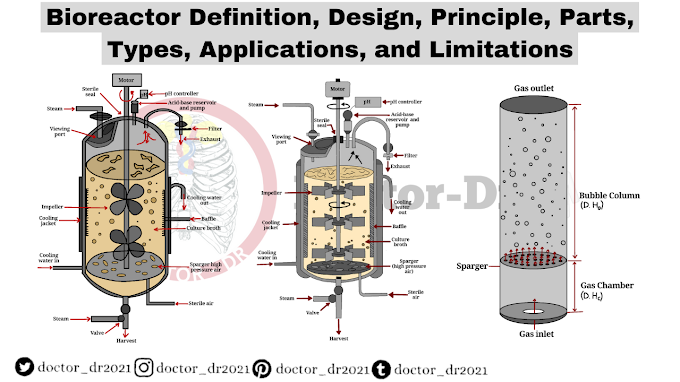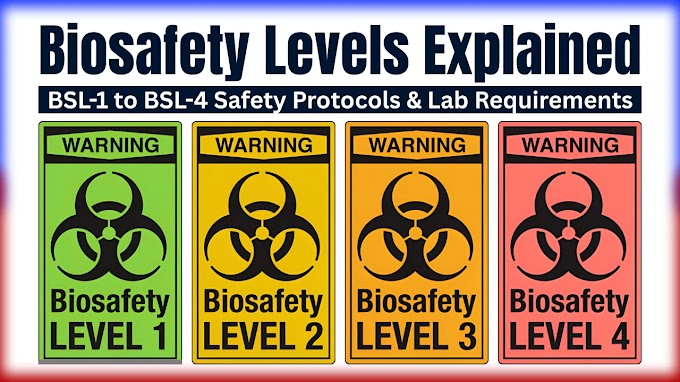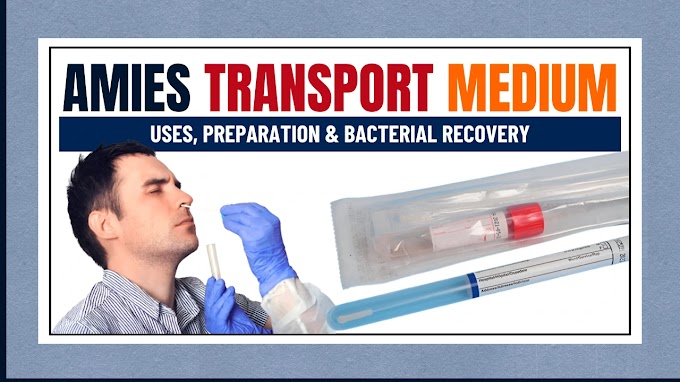100, 150, 200, 250, and 300 Words for Kids, Students, and Children on Pollution
Pollution Paragraph: The intermixing of hazardous chemicals known as pollutants with natural environmental components is referred to as pollution. Land pollution, water pollution, air pollution, and soil contamination are all examples of pollution. It makes no difference whether type of illness it is; it has hazardous consequences for our ecosystem.
More paragraph writing on articles, events, people, sports, technology, and other topics may be found here. CLICK HERE
Pollution - 100 Words for Kids in Classes 1, 2, and 3
Pollution is defined as the introduction of harmful substances into the environment that can harm our planet. Water pollution, air pollution, soil contamination, and noise pollution are the four primary forms of pollution. Pollution of all types is the outcome of man's irresponsible actions. Water contamination occurs when we dump garbage straight into bodies of water. Air pollution occurs when cars emit smoke into the atmosphere, making it difficult for all species to breathe. Directly putting our garbage into landfills pollutes the soil. Noise pollution is imperceptible, yet it is a harmful type of pollution that can harm our hearing.
150-Word Pollution Paragraph for Children in Classes 4 and 5
Pollution is a serious threat to our ecosystem, and it is created by man's irresponsible attitude toward nature. Our planet supplies us with food and shelter, yet we abuse it and deplete its resources. Our avarice has resulted in pollution. We throw garbage into bodies of water without regard for the species that live there. Because of the huge number of cars on the road, the equilibrium of different gases in the atmosphere has been disturbed. Air pollution is caused by factories that emit hazardous substances into the environment. Excessive and unregulated farming depletes the inherent minerals of an area of land. As a result, using fertilisers to increase productivity pollutes the soil. Factories, jets, and aeroplanes, among other things, contribute to noise pollution. It is harmful to our ears and can cause hearing loss.
200-Word Pollution Paragraph for Students in Classes 6, 7, and 8
Pollution has disrupted the natural order of our ecosystems, with serious implications for the planet's people. Unchecked and unlawful activities that abuse natural resources and do not follow standards set by pollution control boards around the country are the main causes of pollution. A pollutant is something that contributes to pollution. It can take the form of a solid, a liquid, or even a gas. If a pollutant is allowed unregulated, it may have severe impacts on our natural ecosystem, regardless of its status.
Water pollution is a key type of pollution that has erupted into a serious issue in many nations. Without water, we would perish. As a result, when the majority of the water bodies dry up or get clogged, the human population will dwindle. Air pollution is the second major source of pollution. Toxic exhumes from cars and the burning of coal for power are the primary causes.
Due to widespread deforestation and illegal farming operations in tropical forests, soil contamination has seen an unanticipated surge in recent years. Noise pollution is an important but usually unnoticed kind of pollution. Noise pollution is exacerbated by the high decibel noises produced by aircraft and aeroplanes. It causes damage to our eardrums and, in severe cases, deafness.
For Classes 9, 10, 11, 12, and Competitive Exams, write a 250-300 word paragraph about pollution. Students
The Earth's natural systems, which had been working in harmony since its genesis, are now in chaos. Humans' exploitation of natural resources is to blame for this. We, as the highest layer of the ecological pyramid, should be environmentally mindful. For the past 100 years, pollution has been a hot topic, yet nothing has been done to repair our environment and keep it from collapsing.
The Earth is in constant motion, and natural laws tell us that we must never disturb the balance of the ecosystem's many layers. Interfering with natural processes can have long-term consequences that will push the entire planet into extinction. Pollutants must be discovered and successfully addressed in order to pull off a last-ditch effort for the benefit of our fellow citizens. It's important to remember that pollutants aren't always harmful. A pollutant is any undesirable material that has the potential to impair the natural system's functioning.
Some contaminants aren't defined by their size or shape. For example, a few degrees of temperature rise in our atmosphere for a short period will have no effect, while the same amount of temperature rise in a water body can kill thermo-sensitive species. The temperature is a contaminant for the water body in this area. Noise, for example, is one example of an unseen pollution. Until the late 1970s, noise pollution was not even recognised as a kind of pollution. The United States' Pollution Control Board classified it as a serious kind of pollution in 1972. Because there are no particular rules for dealing with noise pollution, it is the most difficult to deal with. Noise pollution also includes your next-door neighbour who is partying late at night with stereos playing music at a dangerously loud volume. A strong sense of responsibility for nature and empathy for all living things on the earth will go a long way toward rescuing our world.
Questions and Answers on the Pollution Paragraph
Question 1: What is pollution?
Answer: Pollution occurs when undesirable substances are introduced into the environment, causing harm to the ecosystem.
Question 2: What is the definition of a pollutant?
Answer: A pollutant is any solid, liquid, or gaseous material that produces pollution.
Question 3: What is the date of National Pollution Day?
Answer: Every year on December 2, National Pollution Day is observed.
Question 4: What can be done to prevent pollution?
Answer: Pollution may be avoided by recognising our human responsibility to the environment and caring for natural resources.
Question 5: What is the most common kind of pollution?
Answer: Water pollution is a primary form of pollution produced by the discharge of harmful waste materials into water bodies in an excessive and careless manner.









